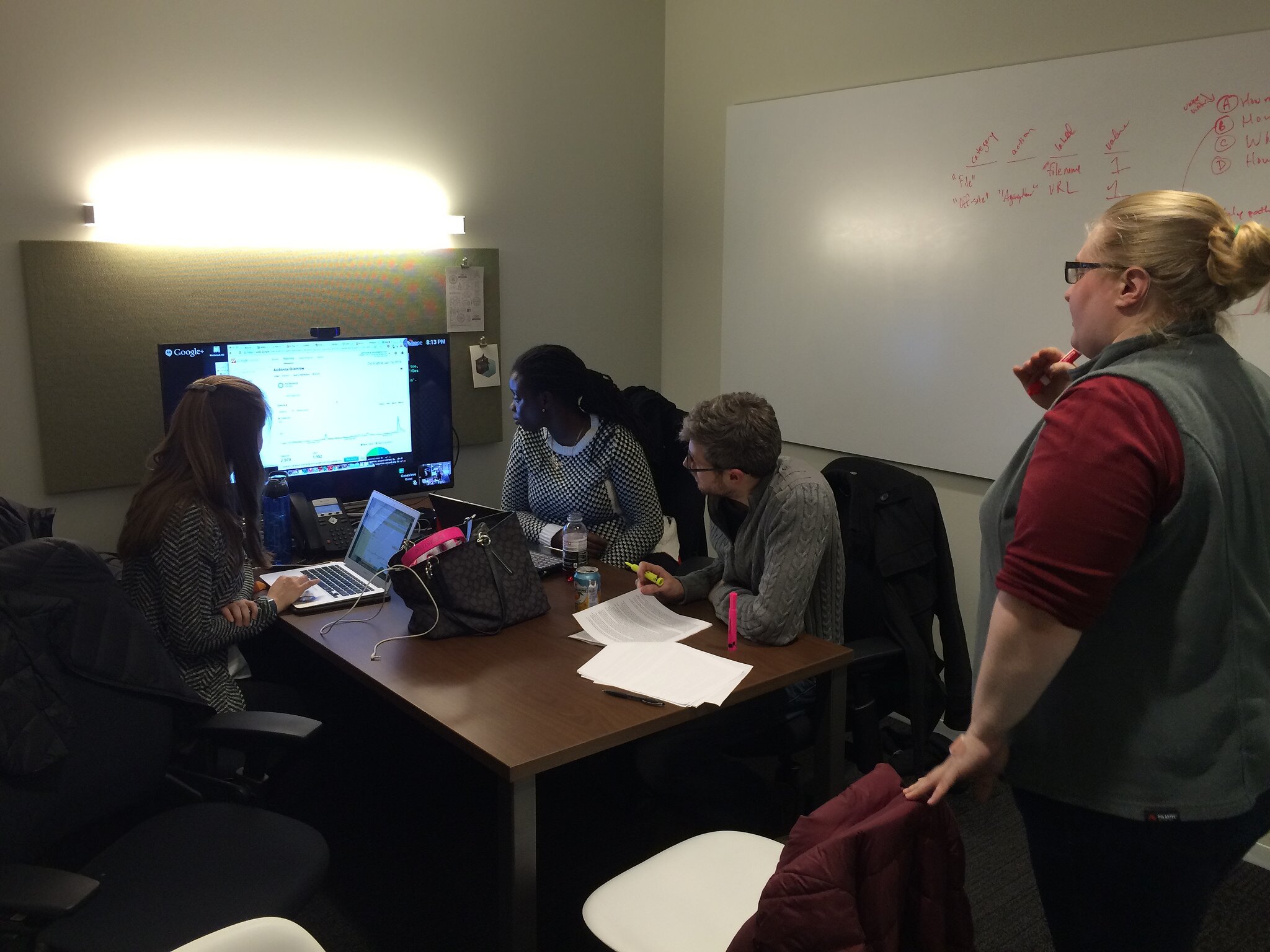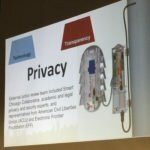For the OpenGovHack Night for Tuesday March 11th, Chicago CIO Brenna Berman spoke about the city’s initiative to modernize IT procurement.
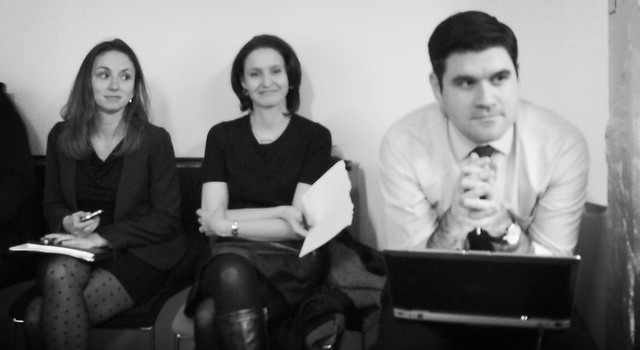
This was the second time that the CIO has spoken to the civic technology community about the IT procurement process. Berman also spoke at last month’s OpenGov Chicago Meeting— here’s notes from that.
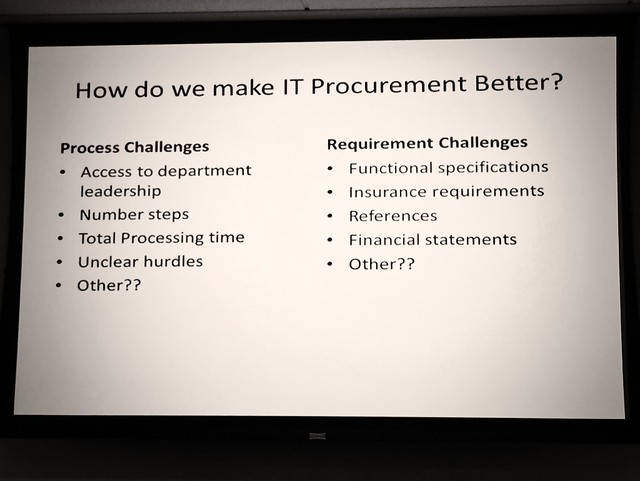
The City of Chicago is holding several public meetings to get feedback on how to improve the IT process. Berman is one of the few CIO’s having these public conversations about IT procurement. It’s a thorny issue that frustrates both residents, users and IT departments alike.
Here’s hack night organizer Juan-Pablo Valez explaining the issue.
And it’s not just cities that are struggling with procurement. Recent problems with the launch of the healthcare.gov website have drawn national attention to the way that governments procure software. Here’s civic technologist and former Presidential Innovation Fellow Clay Johnson talking on MSNBC about the procurement.
The first part of the CIO’s talk was to lay out how procurement works in the City of Chicago and to define some terms used in the procurement process.
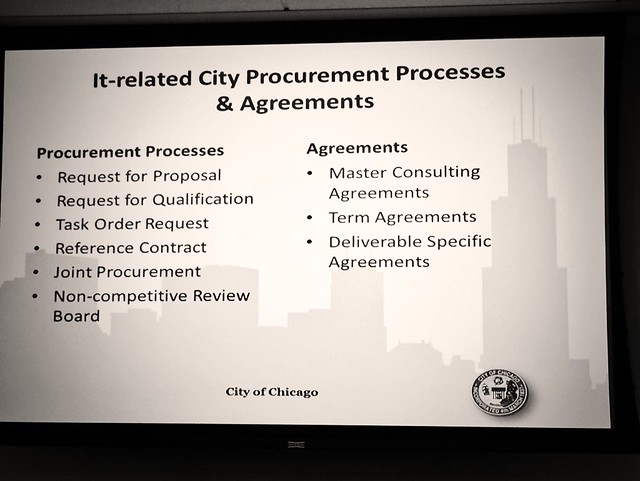
Terms:
Request for Proposal (AKA RFP): An RFP is a document produced by a government agency that asks vendors to make a proposal to solve a particular request. We’ve annotated an RFP on News Genius so you can get an idea for what one looks like. One of the first things you’ll notice that this document is a prodigious length. But the document does describe the process of procurement and includes the terms and conditions that vendors must follow if they do business with the city.
Request for Qualification: When the city is faced with an issue that requires greater expertise (road construction for example), the city will put out a Request for Qualifications. Vendors who are shown to qualify are then eligible to receive Request for Proposal. An example of this is the city’s Request for Qualifications to create a gigabit internet network.
Task Order Request: When the city has a pre-qualified list of vendors, the city can put up a task order to perform a very particular scope of work that is generally small in scale. (For example, web design.)
Reference Contract: If another city government has already gone through a competitive bidding process for a particular service, the City can award a contract to the same bidder. The contract would have Chicago terms and conditions and would always has the same price or better. The Department of Innovation and Tech
Joint Procurement: Joint Procurement is when the City of Chicago partners up with another government agency to procure an item or service. Most of the time, this happens when the city partners with a sister agency (like the Chicago Park District) in order to leverage volume.
Non-Competitive Board Review: On occasion, there are circumstances where a normal RFP process doesn’t make sense. Most of the time, this is done when the City has made a significant enterprise-wide investment in a software licence and wants to renew it.
Agreements:
Master Consulting Agreements: Occasionally, the city will need consulting services on an as-needed basis. A Master Consulting Agreement is the process for identifying these consultants. Once a vendor has a MCA, the city can put out a task order for a limited scope of work.
Term Agreements: When the city needs a service that lacks a particular deliverables (application maintenance for example) the city will create a term agreement with a vendor.
Deliverable Specific Agreements: These agreements is when the city wants a specific deliverable such as build the city a website for this much money in this much time.
Q & A with Chicago CIO Brenna Berman
Brenna Berman also took the time to answer questions from the audience about procurement. Both the Q & A session from hack night and the OpenGov Chicago meeting are below.
You can find more information about procurement on the City of Chicago’s website.
